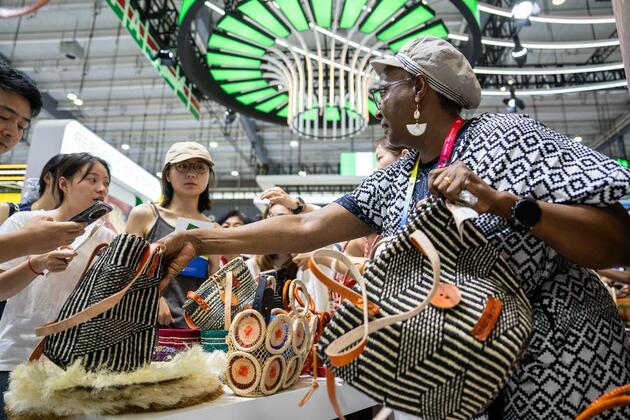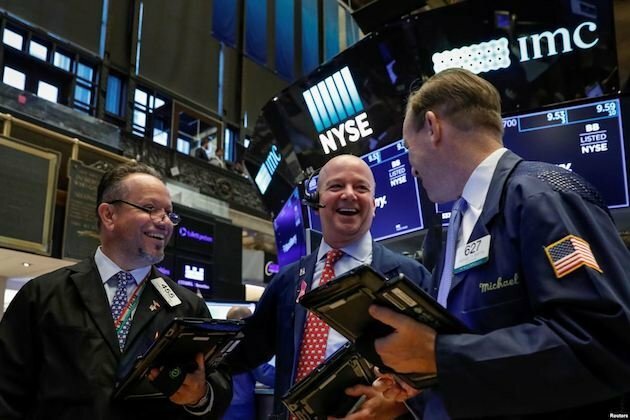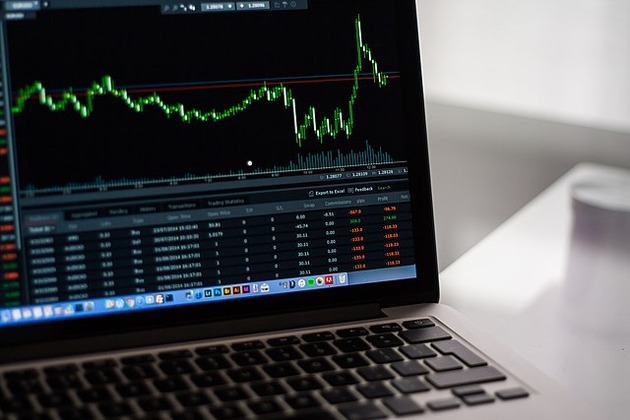Gloves off in Malaysia's modern slavery struggle
360 info
21 Nov 2022, 04:10 GMT+10

Malaysia has touted its employment law reform as a crackdown on modern slavery, but it could all unravel without a few fixes.
When global demand for surgical gloves surged during the COVID-19 pandemic, one manufacturer was hiding a dark reality: its workers living in squalid conditions a government minister said was akin to "modern slavery".
Prior to the discovery, three reports conducted by a private auditing firm revealed numerous ethical violations including 50 violations of Malaysian labour laws. Each report stated: "There is no forced, bonded or involuntary prison labour hired in this facility."
The presence of forced labour indicators in the Malaysian medical glove industry demonstrates a need for legislation to effectively address forced labour in the supply chain. However, Malaysia's laws don't provide comprehensive solutions to combat forced labour in supply chains.
Forced labour is a multi-faceted problem that involves all sectors of society and therefore requires a multi-stakeholder approach. Long-term partnerships across sectors and stakeholders would help.
In 2022, the Malaysia government beefed up employment laws, adding a section that gives courts the power to fine employers up to 100,000 ringgit (US$ 21533.17) and imprison people for up to two years for employers who "deceive or threaten" workers from leaving the premises of their job.
This amendment, which gives a legal definition to 'forced labour', is a welcome move. But the definition leaves a bit to be desired, leaving prosecution of forced labour a difficult task.
The law prohibiting forced labour appears to be limited to formal employment relationships. If so, it's at odds with international norms - the International Labour Organization considers "all work or service" done under the threat of punishment or non-voluntarily to be forced labour. The ILO's Convention applies to "any person", including undocumented migrant workers, adults and children, regardless of their nationality.
Workers in sectors that are untaxed and unregulated are among the most vulnerable and where labour inspections struggle to reach. Limiting the definition to a formal employer-employee relationship leaves them vulnerable.
The law also doesn't reach workers who can move freely within and beyond work premises, but suffer mistreatment when on the job. The choice to emphasise freedom of movement, without considering other less obvious indicators of forced labour, means the issue is likely to persist.
By requiring physical restraint of movement and without specifically laying down the ILO's 11 indicators, the understanding of forced labour may be restricted to extreme cases, disregarding the significance of non-visible indicators of forced labour and psychological coercion. Some of the indicators highlighted by ILO include withholding passports and wages, abusive working and deplorable living conditions and physical and sexual assault.
Even if the law caught all cases of forced labour, the penalties imposed fall well short of international standards and are unlikely to be strong deterrents. Evidence of physical restraint of movement to prove forced labour fails to include the eleven indicators of forced labour as specified by the ILO convention, which Malaysia has ratified.
But where domestic law fails, market forces might be stepping in. Buyers and investors are becoming increasingly aware of global supply chains and in many cases, demand fair treatment for workers.
Companies operating in Australia, the UK, the EU and some states in the US are subject to regulations that address forced labour in supply chains. Californian law requires companies to make certain disclosures and provide consumers with information regarding their efforts to eliminate slavery and human trafficking from their supply chains so consumers can make better and more informed purchasing choices.
In the UK, commercial organisations are required by law to prepare a slavery and human trafficking statement for each financial year, detailing the steps the organisation has taken to prevent slavery and human trafficking in any of its supply chains or its own business.
In 2020, the US Customs and Border Protection imposed import bans on eight of Malaysia's leading glove makers and palm oil producers for alleged labour abuses. Among the companies were Top Glove Corp Berhad, Sime Darby Plantation Berhad, Supermax Corp Berhad and FGV Holdings Berhad.
These orders were based on an allegation and evidence of forced labour in the manufacturing process, which revealed acts of debt bondage, high recruitment fees, excessive overtime, retention of identification documents and abusive working and living conditions.
Malaysia wants to take steps to improve its reputation for human trafficking and forced labour. But whether the shortcomings with the law are intentional or negligent, the legislative framework for eradicating modern slavery is far from finished.
Priya Sharma is the Director of PRME, lecturer at the Department of Business Law & Taxation, and PhD candidate at the School of Business, Monash University Malaysia. Her area of research is in humanity and law. The title of her PhD is "Trafficking of Migrant Workers for Forced Labour: The Malaysian Legislative Framework." She tweets at @PriyaSh24461309.
Originally published under Creative Commons by 360info.
The post Gloves off in Malaysia's modern slavery struggle appeared first on 360.
 Share
Share
 Tweet
Tweet
 Share
Share
 Flip
Flip
 Email
Email
Watch latest videos
Subscribe and Follow
Get a daily dose of Malaysia Sun news through our daily email, its complimentary and keeps you fully up to date with world and business news as well.
News RELEASES
Publish news of your business, community or sports group, personnel appointments, major event and more by submitting a news release to Malaysia Sun.
More InformationSoutheast Asia
SectionUN Demands End to Myanmar Violence as Junta’s Election Plans Risk Further Instability
Nearly three months after a devastating earthquake struck Myanmar, the country remains trapped in a deepening crisis, compounded by...
SEBI ordered to impound highest ever illegal gains of Rs 4843.57 crore from Jane Street Group for index manipulation
Mumbai (Maharashtra) [India], July 4 (ANI): The Securities and Exchange Board of India (SEBI) has passed an interim order in the matter...
SEBI imposes highest ever penalty of Rs 4843.57 crore on Jane Street Group for index manipulation
Mumbai (Maharashtra) [India], July 4 (ANI): The Securities and Exchange Board of India (SEBI) has passed an interim order in the matter...
Indian diaspora remittances reach record high media
Those working overseas sent $135.46 billion to the country in the last fiscal year The Indian diaspora sent a record $135.46 billion...
"Befitting reply to Pak terrorists": BJP's Shagun Parihar on Amarnath Yatra after Pahalgam attack
Kishtwar (Jammu and Kashmir) [India], July 4 (ANI): As Amarnath Yatra began after the recent Pahalgam terror attack, Kishtwar MLA Shagun...
Xi pushes for Global South modernization via practical cooperation
BEIJING, July 4 (Xinhua) -- Ahead of Chinese President Xi Jinping's state visit to Brazil late last year, the Portuguese edition of...
Business
SectionGrammarly acquires Superhuman to boost AI workplace tools
SAN FRANCISCO, California: Grammarly is doubling down on AI-powered productivity tools with the acquisition of Superhuman, a sleek...
Standard and Poor's 500 and and Nasdaq Composite close at record highs
NEW YORK, New York -U.S. stock markets closed with broad gains on Thursday, led by strong performances in U.S. tech stocks, while European...
Persson family steps up H&M share purchases, sparks buyout talk
LONDON/STOCKHOLM: The Persson family is ramping up its investment in the H&M fashion empire, fueling renewed speculation about a potential...
L'Oreal to buy Color Wow, boosts premium haircare portfolio
PARIS, France: L'Oréal is making a fresh play in the booming premium haircare segment with a new acquisition. The French beauty conglomerate...
Robinhood launches stock tokens for EU investors, adds OpenAI
MENLO PARK, California: Robinhood is giving European investors a new way to tap into America's most prominent tech names — without...
Wall Street diverges, but techs advance Wednesday
NEW YORK, New York - U.S. stocks diverged on Wednesday for the second day in a row. The Standard and Poor's 500 hit a new all-time...













